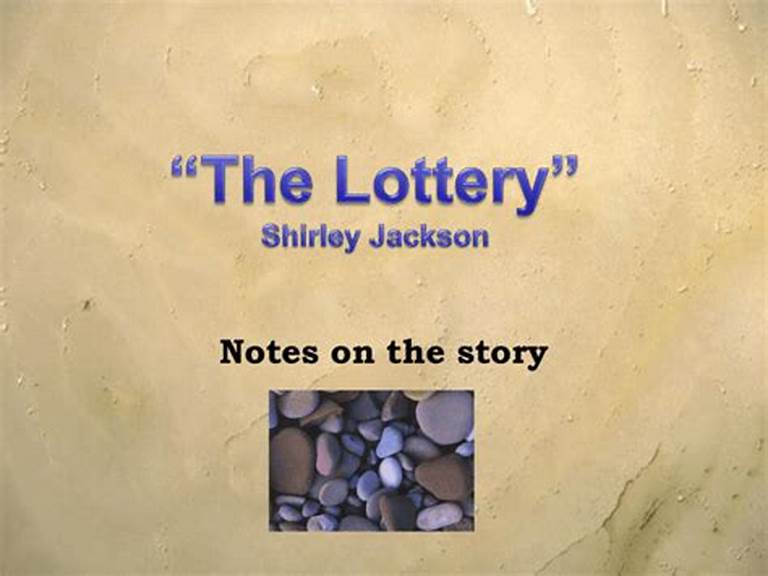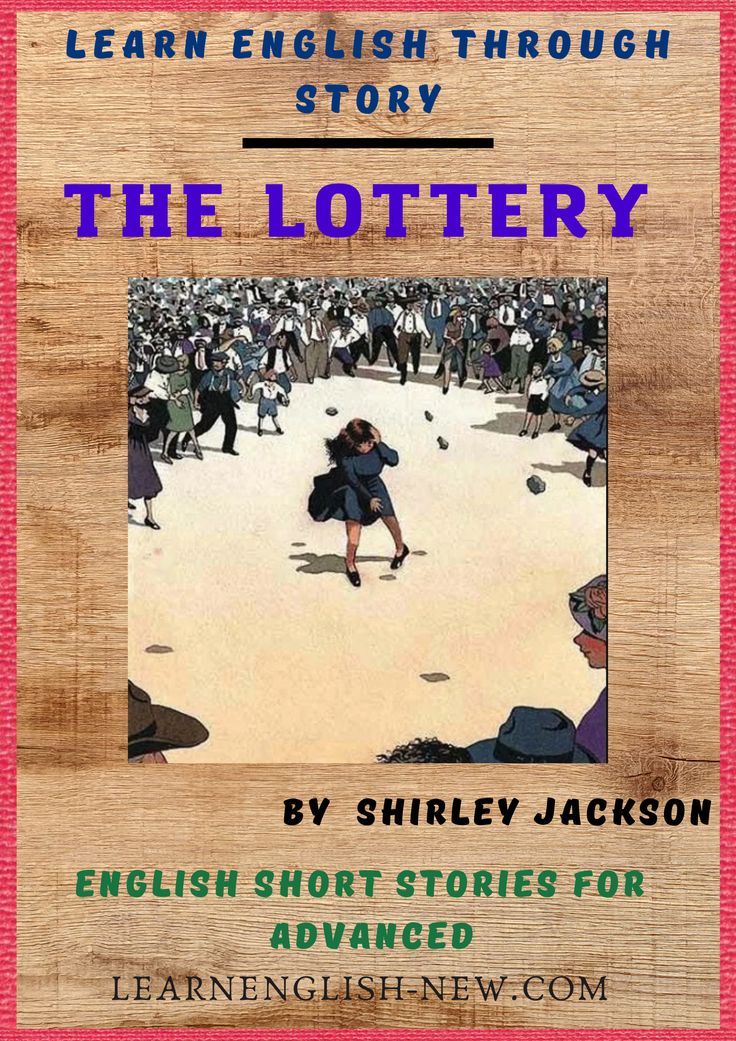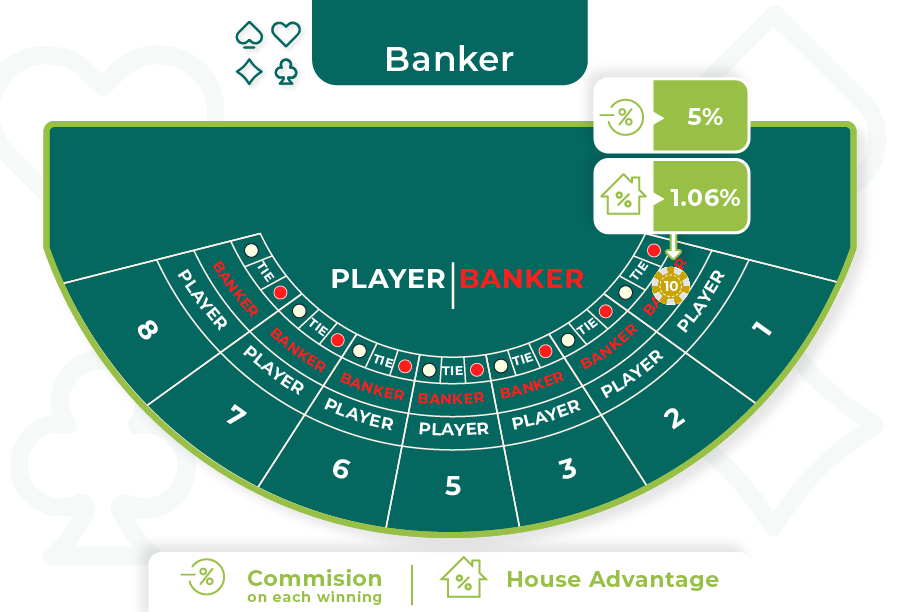Explore Questions and Answers About the Lottery Ticket Short Story in Jilibet
Introduction
Anton Chekhov's "The Lottery Ticket" is a masterful exploration of the human condition, revealing how the mere possibility of sudden wealth can awaken deep-seated desires and incite unforeseen conflicts within relationships. Set in a modest middle-class environment, the story revolves around a couple whose fleeting brush with the hope of winning a lottery jackpot exposes underlying tensions and the fragility of their contentment.
In today's digital age, platforms like Jilibet are not only known for their gaming and betting services but have also become vibrant spaces for intellectual and cultural exchange. Here, literary enthusiasts engage in discussions, quizzes, and Q&A sessions about classic works such as "The Lottery Ticket." This article presents a thorough set of questions and answers that dissect the story's plot, themes, and character dynamics, while also highlighting the role of Jilibet in promoting literary engagement.


Plot Overview
"The Lottery Ticket" centers on Ivan Dmitritch and his wife, a middle-class couple living a modest life. The story begins on an ordinary evening when the wife convinces Ivan to check the lottery numbers, sparking a wave of excitement and hopeful daydreams about the potential winnings. The couple envisions an opulent future filled with luxuries and opportunities far removed from their current reality. However, as the narrative unfolds, the initial excitement gives way to disillusionment when they discover that their ticket is not a winner. The abrupt return to their mundane life leaves them grappling with the emotional fallout of shattered dreams.
Questions and Answers
To enhance understanding of Chekhov's narrative, consider the following questions and answers that analyze key elements of the story:
What triggers the couple's initial excitement in "The Lottery Ticket"?
Answer: The wife’s insistence that Ivan check the lottery numbers ignites their excitement. The possibility of winning a substantial sum leads them to envision a radically improved life, filled with luxury and freedom.How do Ivan and his wife’s perceptions change after checking the lottery ticket?
Answer: Initially, they experience a surge of hope and begin daydreaming about the potential wealth. However, as reality sets in and they realize that their ticket did not win, their excitement turns to disappointment, and underlying tensions in their relationship come to light.What does Chekhov suggest about the nature of happiness in the story?
Answer: Chekhov implies that happiness derived from the anticipation of wealth is transient and fragile. The fleeting hope of winning blinds the couple to the value of their current life, and the subsequent disillusionment underscores the instability of basing one's contentment on external, unpredictable factors.How does the story address the theme of greed?
Answer: The story reveals that the possibility of sudden wealth can awaken latent greed and self-interest. Both Ivan and his wife start to imagine how they would use the winnings, and these fantasies lead to subtle conflicts and a growing sense of discontent, highlighting how greed can erode genuine satisfaction.In what way does the resolution of the story impact the characters?
Answer: The resolution, where the couple discovers that they have not won the lottery, forces them to confront the reality of their unfulfilled dreams. This realization deepens their discontent and exposes the underlying vulnerabilities in their relationship, serving as a cautionary reminder of the perils of placing too much hope in uncertain outcomes.What literary techniques does Chekhov employ to enhance the story's impact?
Answer: Chekhov uses irony, subtle characterization, and a minimalist narrative style to highlight the contrast between the characters' lofty dreams and their mundane reality. The gradual buildup of anticipation followed by the abrupt disappointment effectively underscores the themes of greed and disillusionment.How do the characters' daydreams about wealth affect their relationship?
Answer: The daydreams create a rift between the couple, as each becomes increasingly preoccupied with personal fantasies of wealth. These individual aspirations lead to underlying conflicts, revealing that their bond was more fragile than it appeared and that their shared contentment was contingent on their current, modest reality.What lessons can be drawn from "The Lottery Ticket"?
Answer: The story warns against the dangers of allowing external prospects, like sudden wealth, to overshadow the value of present contentment. It also highlights the potential for greed and unfulfilled desire to destabilize relationships, reminding readers to appreciate the inherent value of their current circumstances.
Relevance to Jilibet
Jilibet serves as a hub where literature enthusiasts and online gaming communities converge, creating a space for meaningful discussions that extend beyond traditional gaming. By exploring classic works like "The Lottery Ticket" through interactive quizzes and Q&A sessions, Jilibet enriches the user experience, encouraging critical thinking and deeper engagement with timeless narratives. Such discussions foster a greater appreciation for the complex interplay between hope, greed, and reality—concepts that are also reflected in modern gambling and lottery culture.
Conclusion
Anton Chekhov's "The Lottery Ticket" remains a timeless exploration of human desire and the delicate balance between hope and reality. The detailed questions and answers provided in this article serve to illuminate the story's complex themes and offer readers valuable insights into its narrative structure and character dynamics. Platforms like Jilibet enhance this literary journey by providing interactive spaces where classic literature meets contemporary discourse, enriching the overall gaming and educational experience.


